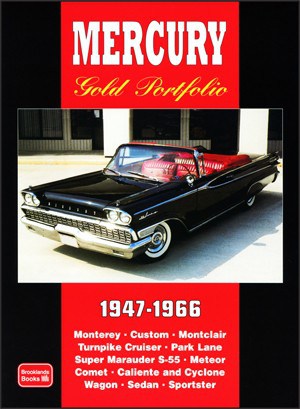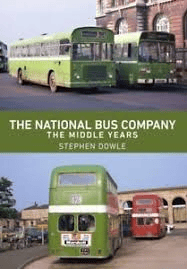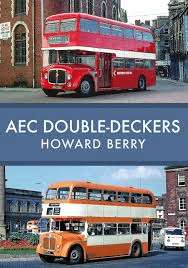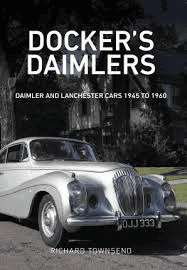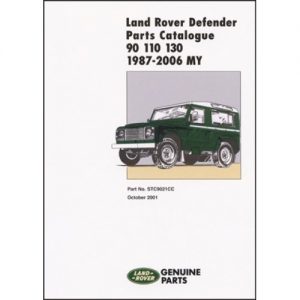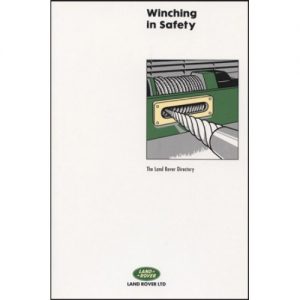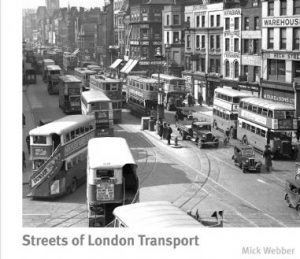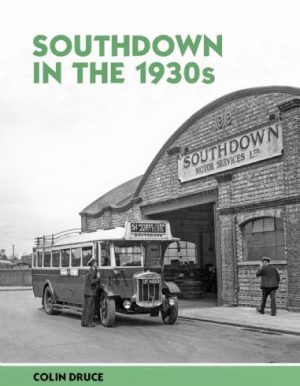Description
The cars built by Ford under the banner of Mercury have always been something of an enigma. In the early years of the brand’s existence, Edsel Ford conceived the brand and launched it as a 1939 model, the cars were little more than re-badged editions of the Ford sedans with some added chrome and different grille. They were then sold in the US as a premium model to compete with GM’s Pontiacs and Oldsmobiles, and Chrysler’s De Soto. Despite this minimal change from thecompany’s bread-and-butter Ford V8 sedans, Mercury sold very well through a separate Lincoln-Mercury chain of dealers that had been established by Henry Ford II after the war. He also initiated a change of design philosophy with the second generation of Mercury having its styling based on that of the Lincoln. From a marketing point of view it made far more commercial sense to align the mid-range Mercury brand with the company’s top brand, Lincoln. This restyle was clean of line with minimal decoration but nonetheless it was a big car that looked smaller than it really was due in some measure to the streamlined appearance. This style made the 50s Mercury a favourite with the hot rod and customising crowd who soon lowered them, added special grilles, wild paint jobs and highly modified engines. They were the essence of cool in 1950s America. In standard form with a 255-cubic inch side-valve V8 and dual Holley carburettors the Mercury was a genuine 100-mph car for the first time. By 1952 the Mercury line was again restyled, this time it looked far more massive and was, it was larger in every dimension. With this model range Mercury began giving its models interesting names like Monterey, available in sedan, hardtop coupes and convertibles. The most interesting model was the Monterey Sun Valley coupe that featured a tinted plastic front section of the roof. It was a new idea that didn’t really work! As the 50s evolved Mercury adopted the overhead valve V8 engine from Ford (1954) as well as the ball-joint front suspension together with some classy new model names like Montclair, Medalist, Park Lane, Colony Park, Voyager and Meteor, all names designed to conjure up an image of exclusivity among American buyers. New for 1957 was the infamous Turn Pike Cruiser that was the brand’s top-of-the-line model with wrap around front windscreen, dual air intakes over the windscreen and reverse-raked rear window that could be retracted. It came with Merc-O-Matic automatic transmission with Chrysler like push buttons, Seat-O-Matic automatic seat adjuster and a host of other gadgets. Interestingly it was not a sales success then although they command high prices today. By the 60s Mercury was back to sharing bodies with its Ford siblings as the Lincoln was given its own distinctive award-winning styling for the 1961 model year. Mercury’s fortunes waxed and waned through the 60s, especially for its senior cars. Sales salvation came from the compact Comet series and, from the mid-60s, from the sporting Cougar coupes. Nevertheless, in the post-war years Mercury did make some interesting cars that have become very collectible today. A portfolio of contemporary articles covering Mercury models over twenty years. Included are road & comparison tests, a consumer analysis & driver reports. Models covered: Monterey, Sportster, Custom, Montclair, Super Marauder S-55, Turnpike Cruiser, Meteor, Comet, Caliente & Cyclone.
With a total of 176 fully illustrated pages. SB.
